
OR
cover story
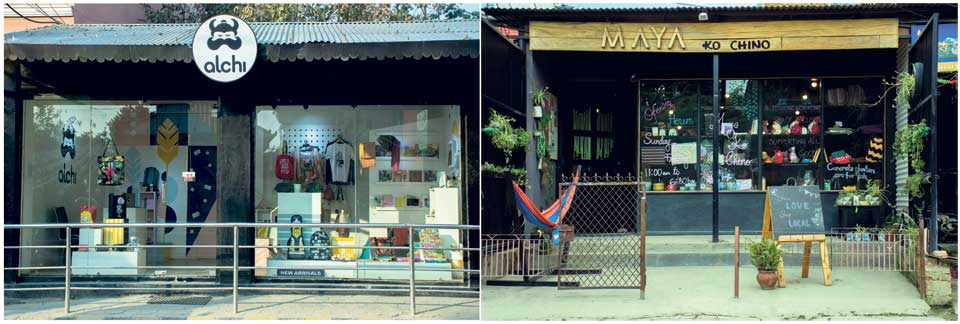
The name game
Shakespeare said, “What’s in a name? That which we call a rose. By any other name would smell as sweet.” But, in the world of business, you want your brand name to be catchy and arouse curiosity, which is why there are now restaurants and stores named Sinka, Alchi, Chuplag, and Maya Ko Chino to name a few. Anweiti Upadhyay talks to some entrepreneurs who have given names of their businesses considerable thought and have tried hard to make it as unique as possible to understand why it matters.
First impressions are important and for businesses that first impression is often made by their names. It is this first impression that will set the stage for future interactions or, in this case, make someone decide whether or not they want to step into a store or a restaurant. Keeping this in mind many business ventures today seem to prefer quirky Nepali words like Chuplag, Alchi, or Sinka over clichéd English phrases and words for their startups.
Anish Bajracharya, director at Alchi, a creative commercial venture by Kazi Studios, says that since the target audience of the store was the youths they wanted a name that would appeal to this crowd. Alchi means lazy and Bajracharya explains that the main concept of the store is evident through the name itself.
“Lazy people tend to be creative because they have to find genius solutions to avoid doing things,” he says explaining that at Alchi they sell tote bags, board games, and other gift items that are unique and innovative. “The name Alchi catches your attention and makes you want to step into the store,” he adds.
Other business owners this scribe spoke to also said that they wanted their businesses to have weird and unusual names because those were catchy and thus tend to stick in people’s memories.
Ropuma Manandhar, owner of the fashion brand Chuplag Studio, says that she always knew she wanted the name of her brand to be related to the Newari culture and coming up with something wasn’t really a problem. But one factor that was as same as Bajracharya’s thought process behind naming his store was the need for the name to stand out and make people curious.
Manandhar reveals that the inspiration for the name of her brand came from Lord Bhairab. “Bhairab is kind of an antagonistic god in our culture. He’s a little scary and when he speaks everyone around him shuts up. Because I believe our clothes reflect our personalities and actually do most of the talking for us in many situations, the name Chuplag fit the concept well,” she says.
For some, deciding on a name for their business venture can be quite challenging. Ramesh Shrestha, owner of Coffee Pasal, mentions that he had shortlisted around 12 names, and that he had been brainstorming to come up with these for two years. He says that he thought the term ‘Pasal’ would suit his business more than its English version, Shop, because it lends the eatery a more casual vibe.
“Coffee Pasal doesn’t sound as intimidating or regular as Coffee Shop, does it?”
And then there are some business owners who have come up with the name for their ventures a bit differently – by modifying a Nepali word with a bit of English or the other way around.
Kabita Pokharel, fashion design instructor and designer at Toonaz Fashion Design Institute and Mart, claims that about two years ago when she was shortlisting names for the fashion design institute she wanted to launch, she stumbled upon the word ‘toona’ and the word reminded her of ‘daura’ and ‘chaubandi cholo’ (two of Nepal’s traditional clothing items).
She decided to add the z to the name because adding that to the end of a name was kind of like a trend that a lot of fashion houses seem to follow. And because ‘toona’ is also what ties up things – especially clothing together (it holds both ‘daura’ and ‘chaubandi cholo’ together) – she thought it reflected the fact that her fashion design institute brought together Nepali and Western influences.
While Pokharel altered a Nepali word slightly to exhibit Toonaz’s western influences, the founders of Do It Yesari, an e-commerce website (that is currently on a hiatus due to the founders’ busy schedules) that is a platform for DIY artists, replaced an English word with a Nepali word to show the local influence behind their project. Ruxana Maharjan, one of the founders of Do It Yesari, mentions that although the concept behind their project is DIY, they thought adding a Nepali word to the name made it more relatable in the Nepali context.
The trend of opting for Nepali names is perhaps most prominent in the food business and many eateries that have opened in the past few years have used this technique.
Saurav Sah, one of the founders of Sinka, a fast food restaurant, claims that for him and the other co-founders of the eatery the name had to be a word that most Nepalis used in their day-to-day life. It felt important because it would stick in their customers’ memories and would thus prove to be a good business promotion strategy.
“‘Sinka’ (or sticks) are things most of us use (or at the very least see) almost everyday. And by naming our eatery Sinka, we felt everyone who comes to our restaurant once will immediately think of it whenever they see an actual ‘sinka’,” he says adding that because Sinka primarily serves fast food and stick food, the name also tied both these things quite nicely.
All the entrepreneurs this scribe spoke to seem to agree that keeping a Nepali name has actually given their businesses an edge over other similar ventures.
Pokharel states that because ‘Toonaz’ is a unique name it was very easy for her to establish an online presence for the institute. She also mentions that because it’s an unusual name, most people remember it as well. Bajracharya, of Alchi, mentions that unique names seem to evoke people’s interest and that a lot of people come into the store to ask about the story behind the name. “And that gets them into the store,” he adds.
Manandhar mentions that explaining the story behind the name, Chuplag Studio, is one of her favorite parts about running the business. She says that she often hears people walking by the studio discussing the name and commenting on how interesting it is.
But unique names that aren’t easily understood also have its downsides.
Malika Shrestha, owner of the concept store Maya Ko Chino, says that there are some people who see her store’s name and laugh about how weird it is or come into the store just to make fun of the name. Shrestha, who is also a freelance trekking guide, says that some of her Spanish friends actually wanted her to change the name of her store when they first found out about it because apparently the word ‘chino’ has a negative connotation in Spanish. “But once I explain that the name literally means ‘token of love’, everyone thinks it reflects my store very well,” she says.
The business owners this scribe spoke to also emphasize the fact that the name of their business is an integral part of their brand identity and that every entrepreneur should think this through thoroughly before settling on a name.
Sah goes a step further and claims, from experience, that Nepali customers think brands with Nepali names are worthy of their trust. “It probably has to do with us Nepalis aggrandizing Nepali things,” he adds as an afterthought.
Maharjan and Manandhar both mention that they think this trend of giving Nepali names to Nepali businesses is a positive change. Manandhar states that she thinks all this boils down to people wanting to take the #MadeInNepal movement to another level.
Manandhar also adds that naming your business in Nepali or giving regular English phrases a Nepali twist reflects the fact that you are a Nepali brand and informs buyers that whatever it is that they are buying is actually made in Nepal and will help the economy of the country. “And that’s a huge plus point for consumer satisfaction and thus good for your business too,” she concludes.
anweitiupadhyay@gmail.com
You May Like This
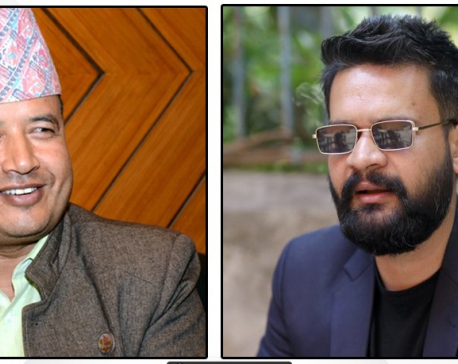
UML leader Basnet to Balen: Don't be pampered just because you have a few hundred fans on Facebook
KATHMANDU, August 26: While the Mayor of Kathmandu Metropolitan City (KMC), Balendra Shah, is speeding up the work to demolish... Read More...
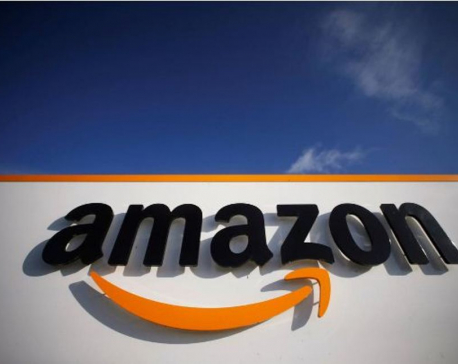
Amazon confirms two employees in Italy have contracted coronavirus
WASHINGTON, March 2: Amazon.com Inc said late on Sunday that two employees in Milan, Italy, have contracted the coronavirus and... Read More...
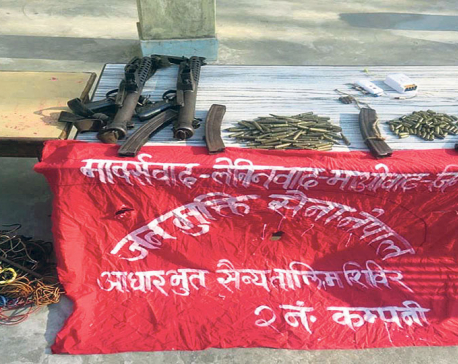
Govt restricts Chand group’s activities
KATHMANDU, March 13: The government on Tuesday outlawed the ‘political activities’ of the semi-underground Communist Party of Nepal led by... Read More...





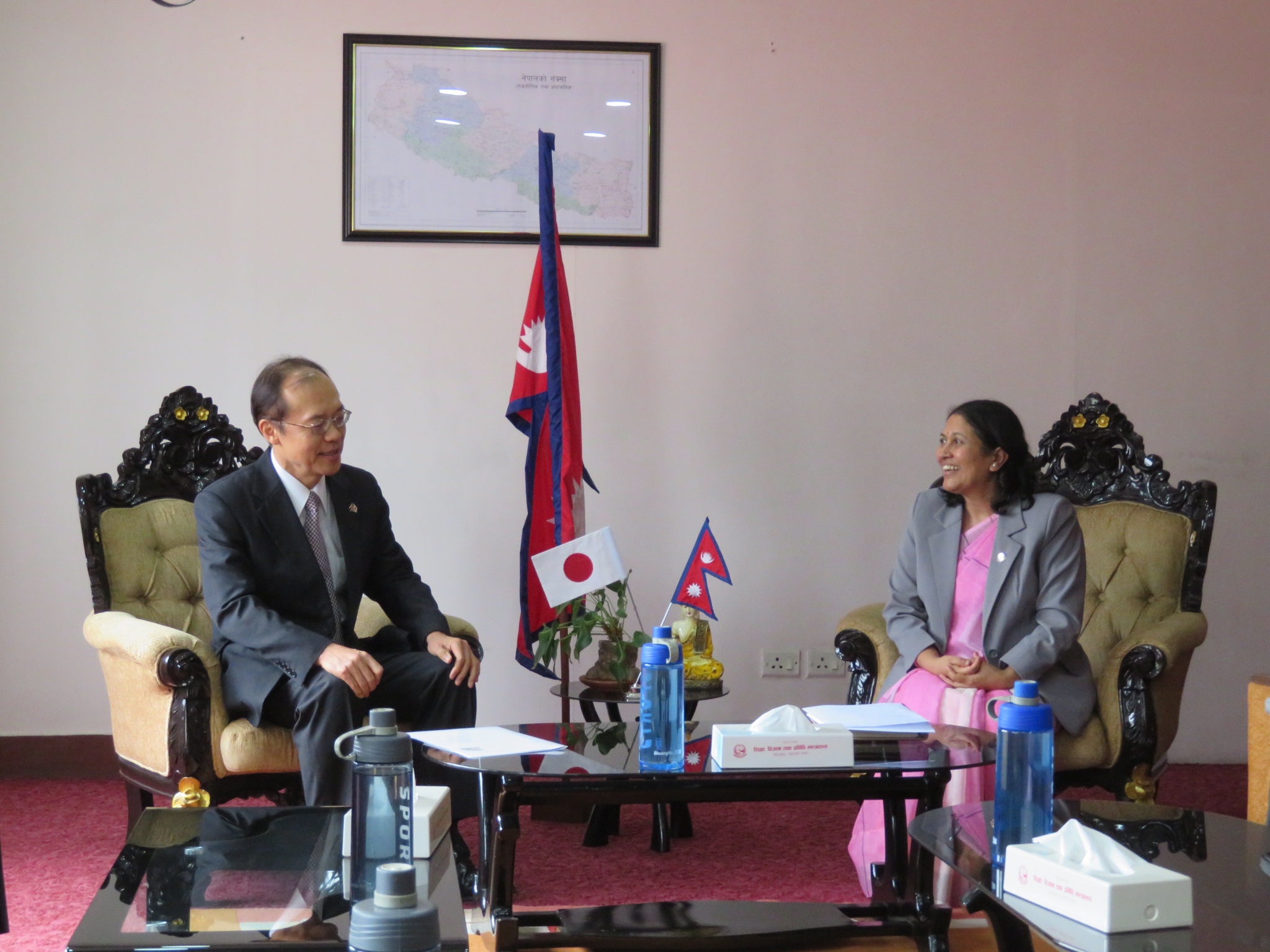





Just In
- Japanese envoy calls on Minister Bhattarai, discusses further enhancing exchange through education between Japan and Nepal
- Heavy rainfall likely in Bagmati and Sudurpaschim provinces
- Bangladesh protest leaders taken from hospital by police
- Challenges Confronting the New Coalition
- NRB introduces cautiously flexible measures to address ongoing slowdown in various economic sectors
- Forced Covid-19 cremations: is it too late for redemption?
- NRB to provide collateral-free loans to foreign employment seekers
- NEB to publish Grade 12 results next week







Leave A Comment